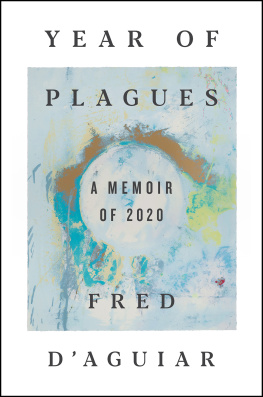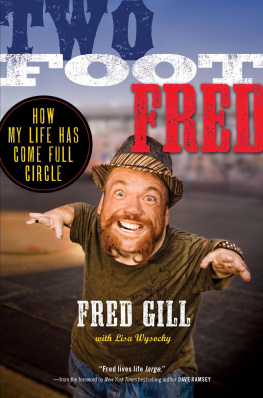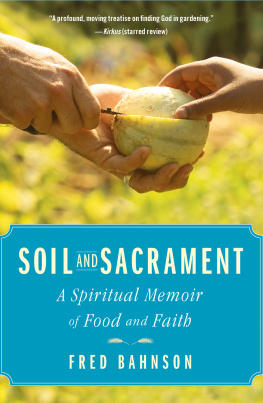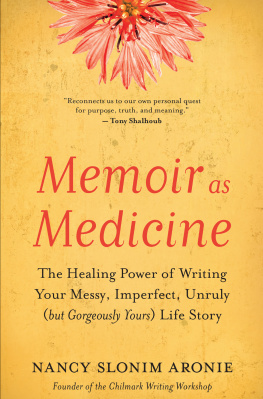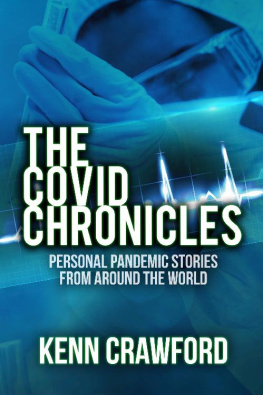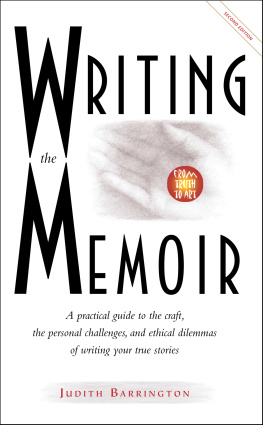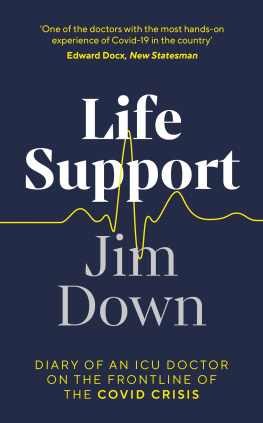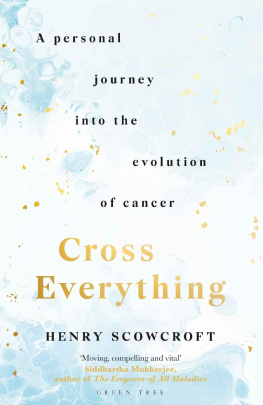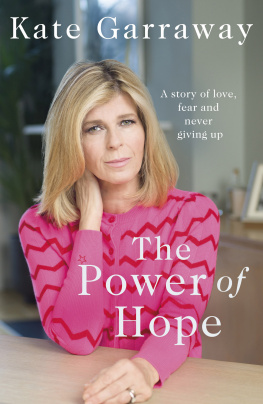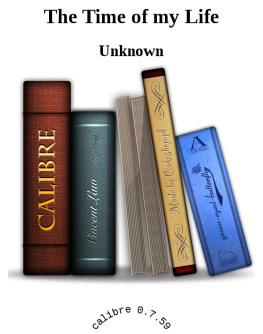Contents
For Debbie Dalton and our Christopher, Nicholas, and Liliana, lockdown strong, no matter how long
I cannot, for the present, express my meanings more clearly.
Spinoza
Beware the terror of not producing
Beware the urge to justify your decision.
Watch out for the kitchen sink and the plumbing and that painting that always needed being done. But remember the body needs to create too.
Beware feeling youre not good enough to deserve it
Beware feeling youre too good to need it
Beware all the hatred youve stored up inside you, and the locks on your tender places.
Audre Lorde, from Sister Love: The Letters of Audre Lorde and Pat Parker, 19741989
My heartfelt thanks go to Jonathan Burnham for his editorial Edward Scissorhands genius and the team at Harper, Jackie, Gabe, Kim, and copyeditor Douglas Johnson. Also, to Andr Naffis-Sahely who read like a critic with a poets eye and grace. And to Geoff Hardy and his husband, Peter Roscoe, for confirming aspects of my past, as did my brother, Gregory DAguiar and his partner, Maria, and Patrick DAguiar living his dream with Tanawan. For Andrew DAguiar who found love in Milton Keynes with two-ts Nattasha. In memory of Grace Theriault, who honored her first name in the way she lived her life. In admiration of Matthew Kay: son, your wise words and films gave me strength. To Cameron, your struggles brought much needed perspective in my fight, while your children, Dylan and Aniyah, turned me into a granddad. To Elliot and Antonia for their little miracle, Cruz, who brought me joy. And for my mother, Kathleen Cadogan, whose spirit presides over all. Last and most crucial, to the doctors, nurses, and staff in oncology at the UCLA medical center.
Out of This Time
Good morning, cancer. How are you? You must have been there that balmy night in Atlanta in the early nineties. At that sports bar. A group of us poets decompressing with quick rounds of drinks and propelled into a state of collective foolhardy bravery, decided, while we faced the long trough of the urinal and watched the small TV screens mounted directly in front of us at eye level, to aim our various streams up at those screens.
We had rushed to the bar after a day of all things to do with poetry, from readings and performances to panels on poetics and the future of poetry books in light of the digital revolution. We wanted nothing more to do with poetry that day though everything about us reeked of our poetry personas, our berets, fedoras, long scarves, pebble spectacles, handlebar moustaches, excessive beards, tweeds, corduroy, you get the picture.
There was no Ghostbusters crossing of streams as we stood shoulder to shoulder at the urinal. This was strictly parallel play. We blurred the images flickering at us and cheered. We were a testament to the power of the body over technology. For as long as we peed and in our state of blissful inebriation there would not be any diminishing of this strength. Posers. We were young. We toasted afterward to our experience already consecrated to mythic memory.
In the three decades that followed my night at the bar I took my excretions for granted. If I went out for any length of time, I never wondered about the location of the next public convenience. I could hold it. In fact, if someone polite and considerate asked me if I needed to go, I invariably said no, without having to think if I needed to relieve myself right then, because I would have to empty at some point soon. All of the above was true for me until the fall of 2019.
Around October I began to notice that I had to concentrate to pee. I seemed to be in possession of a shy bladder even though I stood there in response to an urge that I had to attend to immediately. No more texting with one hand as I directed my stream with the other, no more playing the partial absentee from the job at hand. I strained a little and the result was a desultory trickle that barely registered against the porcelain. What happened to the comforting noise of my piss forcibly trained at porcelain or into toilet water, that sound of mounting relief that is the liquid waste equivalent of exhaling?
There was synergy that night in Atlanta for all of us at that time in that place. If synergy teaches anything, it is this: that it holds a plurality of things together for a moment and one moment only before those things disperse into their chaotic patterning of our reality. I heard this anecdote from a drunken poet: he said with glazed eyes and through splattering, beery saliva, that in a certain martial arts movie, the hero runs from a group of ninjas chasing him toward a river. The camera shows the audience that the river, with its traffic of junks, presents the final roadblock for our hero on the run. As the ninjas draw near we see they are dripping with nunchucks and other deadly implements. They close in on our hero and the real estate runs out for him as he looks at the river and again clocks the surface teeming with junks. Just as we think the chap has to stand his ground and perish against overwhelming odds, the camera pans to the river once more, and that chaotic scene of junks on the water switches to elegance and order with the junks all lined up in a row as they pass each other. The star spots his escape route and he hops from one junk to the next until he reaches the far shore of the river. Just as he leaps ashore we see the ninjas arrive at the opposite bank and prepare to follow the same route across the river. But the junks immediately fall apart and resume their chaotic commerce of navigating the river, and the ninjas tumble into the water.
That moment when the junks aligned for the hero may be the moment of synergy that we captured fleetingly that evening in that sports bar. We knew from instinct that our young bodies had reached their zenith. Our flesh-and-blood awareness was primed for decline from that night onward. We acted in a ritual that marked that threshold with gratitude for the unaccountable privilege of having reached that moment in our episodic lives. For we deemed life to be fragile and ruled by chance, full of accidents, if not plain disaster, and liable to be taken from us without notice or, if with notice, then with added pain and dread.
I owed this awareness of a temporary harmony with forces beyond my control to my emergence as a poet. Poetry primed me for insecurity and chance. Poetrys knack for forging relationships among unconnected things chimed with my penchant for sound, rhythm, and image of words as tantamount, a way to make sense of the world. My nervous system seemed predisposed to insecurity as bedrock for belonging to the world of disparate elements and chance occurrences. That night in the sports bar crowned my belief that knowledge would be mediated by the bodys unquestioning sensory reception of the world.
All this expansive sense switched its focal point from the world at large to my bladder. A weight and pressure in my loins cancels my heart and pulse as twin guards of my hours. Those twins are replaced by the liquid hourglass of my bladder. An announcement of some imminent threat to my life calendar surges in me. Without knowing what could be wrong, I feel this burgeoning fear that something most definitely is not right. I take several days to focus any language to formulate what I am feeling, since the heightened emotions generated by the new sensations result in confusion, in incapacitating alarm.
From fall 2019 I began to think about input and output. Not just in terms of the age-specific need to be aware that if I drank X amount of beer I would have to urinate Y number of times but of how everything I took into my body would be registered by the Geiger counter of my bladder. Whereas before my gut told me when I was hungry, or my sluggishness or dry mouth said that I should drink some water, this new time device behaved like supersensitive radar for all my consumption, and sprang up in my crotch.

